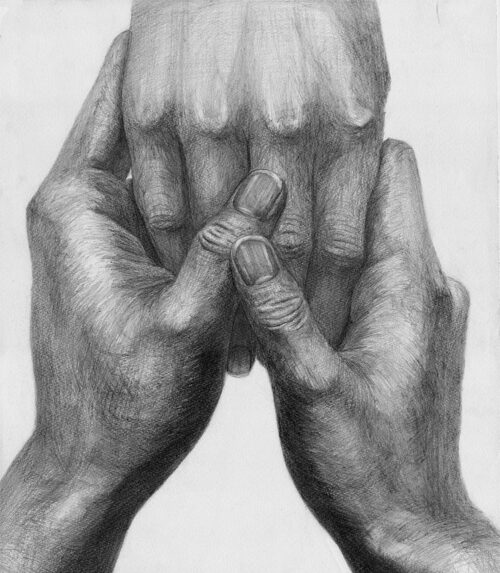
The sacred 3: A note on spirituality, religion and sexuality
Written by Mr Neo Sokwaliwa
July, 27, 2022
Human identity is built on three tenets:
- Spirituality (the fundamental belief system that forms the primary moral compass governing an individual’s life),
- Religion (the organization and interpretation of one’s belief system in relation to societal norms and standards in which community plays a big part), and
- Sexuality (that which relates to an individual’s sexual orientation and gender).
Historically religious rhetoric and discourse has leaned towards erasing the extent and nature of the intersection between these 3 tenets. Now we are realising – or perhaps accepting – that an individual can express these tenets simultaneously; that they do coincide and coexist within a person harmoniously. The erasure of sexuality from spiritual-and-religion discourse has seen many turn away from aligning with religious sects. But why not speak about sex and sexuality in the church?
Sexuality and spirituality, and how these intersect, informs one’s self-esteem. How an individual navigates the world is informed greatly by their spiritual, religious and sexual identity. A failure to acknowledge this leads to a paradox: while a belief in something greater than myself gives me the will to live and exist, it is this very belief that has me questioning my entire existence. What we believe and how we choose to believe guides how we navigate matters of sex, reproduction and our understanding of sexuality.
For many youth, organised religion (for the Christian this may be the Church) has done more harm than good through its silence on matters pertaining to how young folk can be responsible individuals during their reproductive years. Abstinence-centred teachings, often framed around shame and condemnation, have bred generations of sexually repressed individuals who lack knowledge on how to engage in safe sex, sexuality and reproduction. It is common knowledge that children as young as 9 begin sexual exploration. However, this knowledge is met with condemnation instead of age-appropriate education to attend to questions such as why they feel the way they do, or why they have the attractions they do, and why it is inappropriate to act on them at that particular age.
Sexual repression pushes young people to explore their sexuality unsafely, often through precocious sexual activity (oral or penetrative sex which comes with a host of unpleasant consequences) and/or accessing pornographic material (which has psychological effects). I need not mention how damaging to one’s self-esteem it may be to be shamed and ridiculed just because of a sexually immoral act that one participated in, without fully comprehending its ramifications.
Our religious sects have not done enough to foster safe and encouraging discourse surrounding internal and external conflicts of sexuality, especially for queer bodies. In adulthood, we have had to unlearn most of what we were taught, learn and relearn stereotypes and prejudices that we had assimilated. We have had to learn to be kinder, gentler and more patient when it comes to intimacy with our partners, and how we chose to find pleasure in sexual activities with ourselves, as well as others.
Interestingly, African (or unorthodox) spirituality has embraced sex and sexuality as forming part of one’s identity, without taking the focus away from the deity(-ies). African spirituality embraces queerness. For this reason, many individuals find solace in this sect of spirituality, as its cornerstone is to preserve the sacredness of an individual.
Seeing that the individual is the site of convergence for religion, sexuality and spirituality, how can sexual experiences be better cultivated without doing ourselves a disservice? How do we protect our self-esteem during this process? How does spirituality build us up without the burdensome paradox of having to break us down first? How do we hold brave and courageous spaces for our successors, that they may be able to embody and express their truest, fullest selves?
With these questions we must contend.
References:
- Image – https://pin.it/6pVOvih
Ubusha Bami futhi yimi lo – My youth and this is me! © 28 July 2022
One comment on “The sacred 3: A note on spirituality, religion and sexuality”
Discuss this post ?
You must be logged in to post a comment.
Hello there! I simply want to offer you a huge thumbs up for the great information you have here on this post. I will be coming back to your web site for more soon.